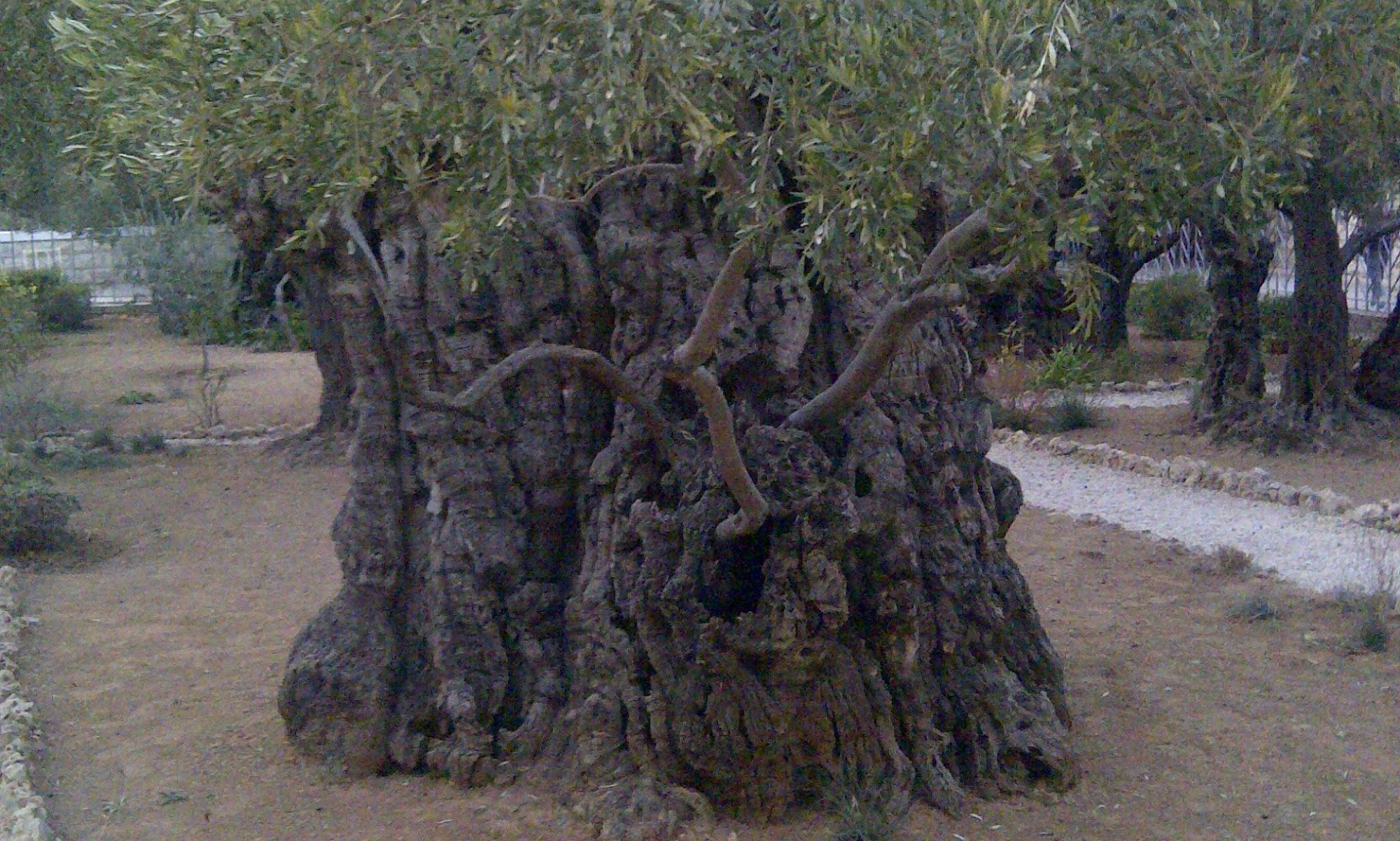I submitted the following article to the Blenheim News-Tribune for the “View from the Pulpit”column. The previous week, on December 13, the congregation joined churches across Canada and around the world in ringing church bells to draw attention to the urgency of the need to limit CO2 to 350 ppm and to encourage the world leaders at Copenhagen to reach an agreement that treats all nations with justice. I believe the response of faith is hope based on the divine assurance that the earth exists for the well-being of all and that God’s love for creation instills purposeful care for the earth by all creatures. Our faith in God’s good creation holds us accountable for the future of this planet not only for the sake of all succeeding generations, but for the continued life of the planet. If this means reducing our consumption of fossil fuels to acheive a more equitable sharing of resources, resulting in a leveling ofd the standard of living, then belief in creation as a gift requires our acceptance of the consequences as an act of faith for the good all creation. This is not just a human virture. It is a human response to the divine gift of life.
Why did we ring our bells on December 13? Was it because the birth of Jesus is about to happen? In a way, yes. Anticipation increases as the day of celebration draws near. Was our bell ringing because our celebration is about Santa Claus parades, shopping, giving and receiving gifts, and family gatherings? . It is true that our activities build the excitement that comes with the celebration. But, no, that is not the only reason for the bell ringing.
Our celebrations also include some time for remembering the birth of Jesus. The birth came with a promise that God dwells with us. The incarnation brings God’s presence into our lives in a personal and concrete way. The story of the birth is told with tenderness that touches our hearts with an image of God’s being in our world in a very human form and humble setting. The news stirred the hearts of shepherds to leave their flocks and witness the event. The event moved the heavenly choirs to sing.
As a parent and now grandparent, I remember the love that comes with holding a new-born child (or grandchild) and wishing for them as they grow up that they may play a part in and enjoy the blessings of God’s world of peace and justice. I believe that is also God’s hope as Jesus is born. It is a moment of great hope for what the future may bring in the child’s life. The birth of Jesus as God’s son is a commitment God made for his world. God made a personal investment in his creation.
In today’s world of global concerns for a changing climate and global conflict, the birth also comes in the midst of fear and uncertainty for that future. There is a sense of hope and expectation as the world leaders meet in Copenhagen to negotiate an environmental covenant to save the world from the effects of excess carbon dioxide. On December 13, many churches around the world rang their bells for climate justice. We did so with faith and rejoicing in God’s redemptive love for his world, calling on all people to make a new covenant of healing for the world. The message to the shepherds was for us today: “Do not be afraid. I bring you good news of great joy that will be for all the people. Today in the town of David a Savior has been born to you; he is Christ the Lord.” Let us not be afraid because of the greatness of the task.
The birth of Jesus calls us to trust in God’s hope for his creation. As we visit the manger, we embrace the promise that Jesus’ birth was God’s sign that he came to save the world from self-destruction. With the hope of Christmas, we can believe that God is with us as we seek the renewal of all creation. Let us join the choir of angels as we proclaim the good news for all: “Glory to God in the highest heaven, and on earth peace among those whom he favors!”
